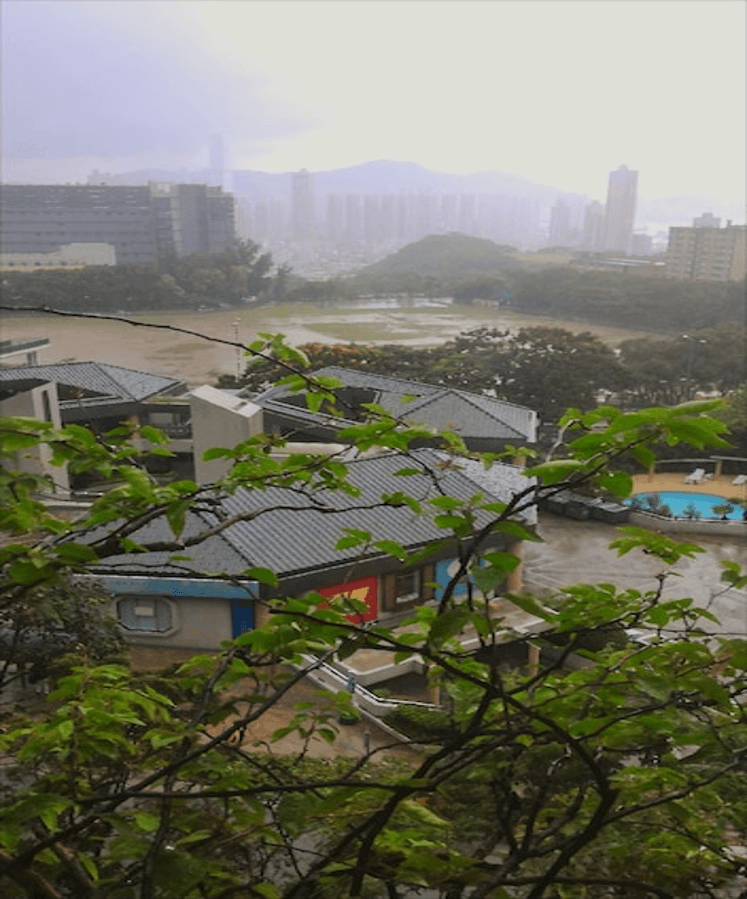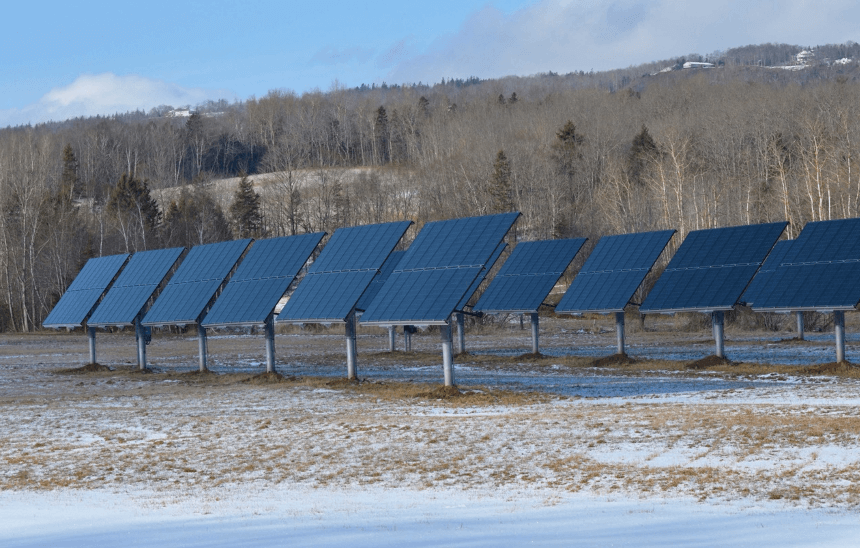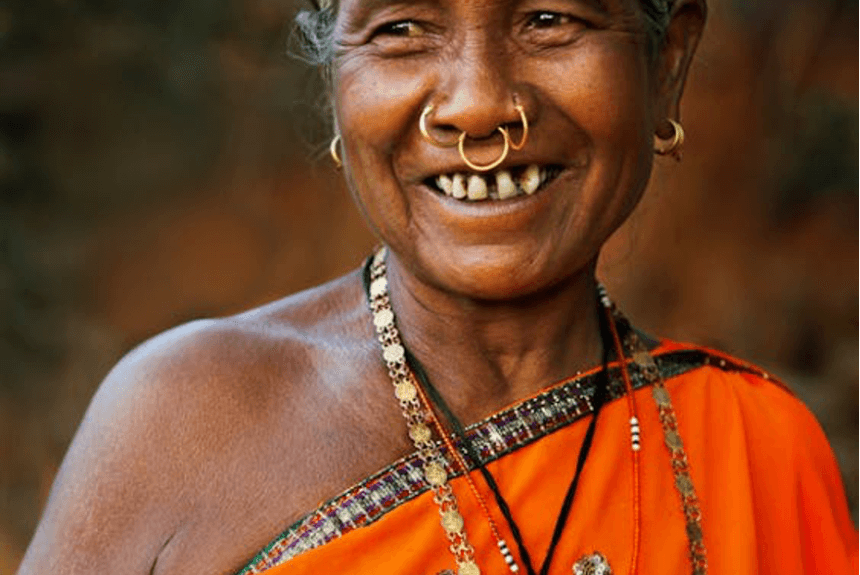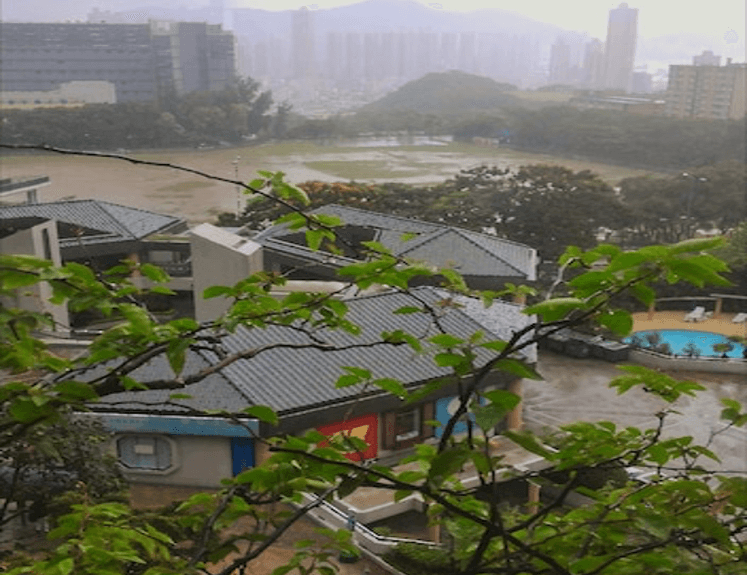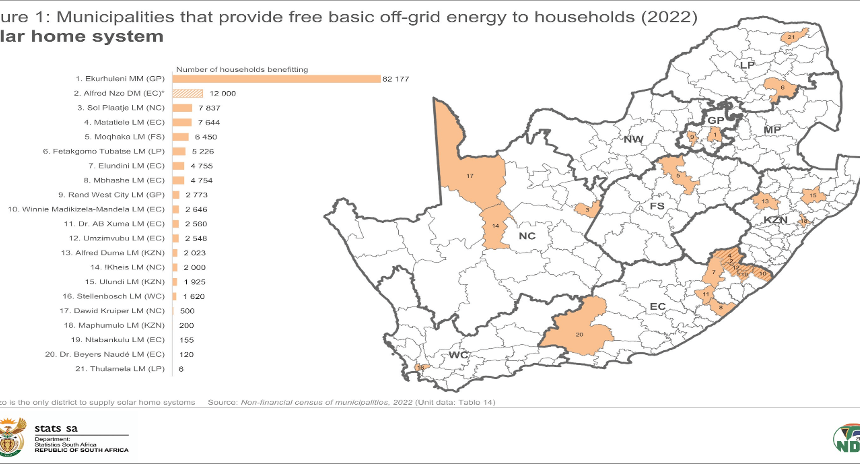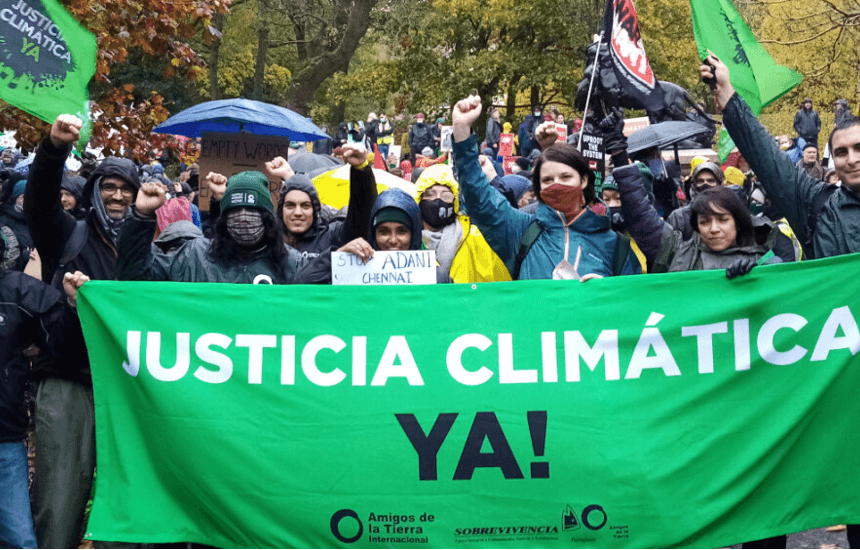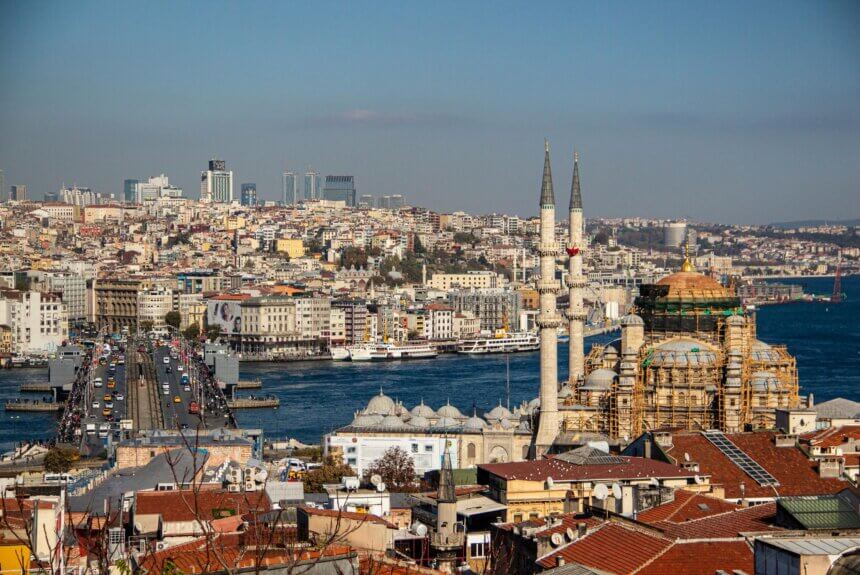THE CLIMATE SCORECARD MAGAZINE
A way to learn about efforts to fight climate change
in leading greenhouse gas emission countries
Issue #2 // June 2025
Climate Justice
Climate Scorecard depends on donations from people like you
ABOUT CLIMATE SCORECARD MAGAZINE
Climate Scorecard Magazine is a monthly digital magazine intended to inform those interested in climate change about trends to reduce emissions in leading greenhouse emitting countries. Each month we will focus on a different topic related to climate change, e.g. fossil fuels, renewable energy; and provide our readers with information and analysis of policy and program trends within and across countries. We trust our magazine will help increase your knowledge and understanding and welcome your feedback. Please send any comments to: contact (at) climatescorecard.org.
Ron Israel
Publisher and Editor
Climate Scorecard Magazine
Introduction
Climate Scorecard Issue #2 focuses on the issue of climate justice in leading greenhouse gas emitting countries. It describes the demographic groups in each country who lack access to affordable renewable energy, and/or transportation, and waste management services. We describe the socio-economic and cultural characteristics of these groups. Why do they lack access? What kinds of energy, if any, do these groups use? We explain the reasons for their lack of access; how their lack of access affects their quality of life; and any policies or plans their countries have for enabling these groups to have greater access to renewable resources.
TABLE A below summarizes the main climate justice issues in each country. Full Country Reports follow, and our magazine annexes provide additional resources on source information and a table on how well countries are doing in reaching global emission reduction goals.
| Country | Climate Justice Issue |
| Australia |
|
| Brazil |
|
| Canada |
|
| China |
|
| European Union |
|
| France |
|
| Germany |
|
| India |
|
| Indonesia |
|
| Japan |
|
| Mexico |
|
| Nigeria |
|
| Saudi Arabia |
|
| South Africa |
|
| Spain |
|
| Turkey |
|
| United Kingdom |
|
| United States |
|
Country Reports
Northern Territory and Western Australia have the largest number of settlements where residents don’t have guaranteed access to certain energy legal protections
https://www.anu.edu.au/news/all-news/remote-aussies-dont-have-equal-access-to-household-electricity-protectionsAccess to affordable and reliable renewable energy, transport, and waste management infrastructure remains uneven across Australia, disproportionately affecting specific demographic groups. Key populations experiencing limited access include remote and Indigenous communities, low-income households, and renters.Key demographics include: Remote and Indigenous Communities Off-grid communities or fringe-of-grid communities are “impacted by poor system reliability, high energy costs…
Indigenous communities, quilombolas, residents of urban peripheries, and isolated rural populations are most impacted by a lack of access in Brazil
Climate justice in Brazil is a crucial issue, particularly in ensuring equitable access to renewable energy, public transportation, and waste management services. Several demographic groups face significant barriers in this context, perpetuating socioeconomic and cultural inequalities.Affected Demographic Groups The groups most impacted by a lack of access include indigenous communities, quilombolas, residents of urban peripheries,…
Northern and rural communities in Canada often have limited social and physical infrastructure and capacity (i.e., limited access to technology and communication systems, health and education services, supplies, and human resources)
More ambitious action is necessary that avoids harming human rights. This entails phasing out the use of fossil fuels and transitioning to 100% renewable energy The Canadian Climate Institute’s narrative on climate change, which has spanned several decades, has overlooked a critical element: the impacts that climate change has had—and will continue to have—on some…
Climate Justice and Renewable Energy Access in China: A Technical Policy Analysis
Executive Summary China has positioned itself as a global leader in renewable energy deployment, with the world’s largest installed capacity of solar, wind, and hydropower. However, significant disparities in access to clean energy persist, particularly among rural populations, ethnic minorities, and urban low-income groups. The lower accessibility is mainly driven by infrastructure investments, corruption in…
The ability to access and benefit from sustainability services provided through EU climate policies remains strongly correlated with socioeconomic status
A Just Transition[1] necessitates that access to “sustainability service”, namely clean energy, sustainable transportation, and effective waste management, is universal and equitable. This means all populations, regardless of income, region, or cultural background, can reliably afford to consume these services at a similar level of quality. Indeed, the European Pillar of Social Rights explicitly lists…
By advocating for community-centered renewable projects, simplifying access to support programs, and investing in underserved areas, France can ensure that the benefits of the green transition are shared equitably
Overview While France has made notable progress in its transition to a low-carbon economy, significant disparities remain in access to renewable energy, sustainable transportation, and waste management services. These inequalities raise critical issues of climate justice, particularly affecting low-income households, immigrant communities, and rural populations.Demographic Groups Lacking Access Low-Income Households Socio-economic profile: Households living under…
Those affected by climate justice in Germany include low-income and single-parent families, migrants, the elderly, those with disabilities, and people living in rural areas
Families at the low end of the income scale are the most vulnerable to climate justice, as they are the first to face the negative effects of energy poverty. Many of them rely on social transfers or the minimum necessary to survive. However, in the face of the recent sharp rise in energy prices, the…
Government efforts in India to address the climate justice needs of vulnerable populations are often perceived to be inadequate
Poor and climate-vulnerable people in India live in coastal areas, hilly terrains, forests, and biodiverse regions. Most of the human needs in these remote areas are met by exploiting the natural resources of the environment. For instance, energy to light homes and support neighborhood livelihood typically comes from forest wood, which doubles up as fodder…
Indonesia faces significant challenges in ensuring equal access to essential services like affordable renewable energy, transportation, and waste management
Indonesia, comprising more than 17,000 islands and over 270 million people, faces significant challenges in ensuring equal access to essential services, including affordable renewable energy, transportation, and waste management. Marginalized groups, such as primarily rural and remote island communities and urban slum populations, experience chronic barriers to accessing these services, with deep effects on their…
More robust regulatory mandates, greater decentralization, and targeted outreach to migrants and renters are necessary to prevent further marginalization of vulnerable groups in Japan
Inequality in Japan: Who Is Left Behind in the Transition to Renewables? Japan, a nation celebrated for its technological expertise and environmental stewardship, grapples with a paradox. While its urban centers rapidly embrace renewable energy and eco-friendly transportation, significant demographic groups face substantial obstacles in accessing affordable and sustainable services. From the aging populations in…
Indigenous communities in rural areas, urban populations in informal settlements, and agricultural workers in regions like Chiapas, Oaxaca, and Guerrero are most at risk in Mexico
In the fight against climate change, climate justice stands as a beacon of hope and fairness. It reminds us that the transition to a sustainable future must include everyone, especially those who are often left behind. Mexico, with its rich cultural diversity and vast natural resources, has an incredible opportunity to lead by example, ensuring…
Nearly half of Nigeria’s population resides in rural areas, yet fewer than 30% have access to reliable electricity
Nigeria, Africa’s most populous nation, stands at a crossroads. While the country boasts vast oil reserves and abundant renewable energy potential, millions of its citizens remain trapped in energy poverty. This crisis goes beyond kilowatts and grid connections – it’s about restoring justice to our energy system. Climate justice demands that we dismantle the barriers…
Marginalized groups in Saudi Arabia such as low-income migrant workers, rural Bedouin communities, and residents of underdeveloped urban peripheries often face climate justice issues
In Saudi Arabia, marginalized groups such as low-income migrant workers, rural Bedouin communities, and residents of underdeveloped urban peripheries often face limited access to affordable renewable energy, efficient public transportation, and formal waste management services. Migrant workers—largely from South Asia and East Africa—typically reside in labor camps or crowded housing near industrial zones, where infrastructure…
Approximately 60% of rural households in South Africa lack access to electricity
Approximately 60% of rural households in South Africa lack access to electricity. Most low-income urban settlements lack access to renewable energy, and over 40% of households connected to the grid are considered energy poor, spending more than 20% of their monthly income on electricity. Many households and businesses are embracing renewable energy as an alternative…
The energy transition in Spain will only be fair if all citizens have access to affordable and sustainable energy sources
A just climate transition aims to advance the development of a decarbonized economy by creating the right conditions to ensure that no industry, territory, or social group is harmed in the process—including workers, vulnerable communities, suppliers of goods and services (especially small and medium-sized enterprises, or SMEs), and consumers.EU Regulation 2021/1056 establishes the Just Transition…
About five to seven percent of Turkey’s population is thought to live in energy poverty
In Türkiye, the shift toward a greener future isn’t reaching everyone in the same way. For many low-income families, particularly in rural areas or urban neighborhoods with limited services, renewable energy remains too expensive to consider. While solar panels, better heating systems, and electric vehicles are becoming increasingly common in wealthier parts of cities, others…
Climate justice in the UK is not just an environmental issue—it is a profound social justice challenge that highlights the intersection of inequality, poverty, and sustainability
Climate justice addresses the unequal burdens created by climate change and seeks equitable solutions for vulnerable populations. In the United Kingdom (UK), marginalized demographic groups often lack access to affordable renewable energy, transportation, and waste management services, exacerbating social inequalities. In the UK, low-income households, ethnic minority communities, and rural populations are disproportionately affected by…
Access to renewable energy, waste management, and sustainable transportation is a climate justice priority in the US
It is increasingly important to involve marginalized and/or disadvantaged groups in decision-making and progressive action regarding renewable energy, waste management, and sustainable transportation, as they are often the ones most left out.Regarding renewable energy, it is essential to note that the distribution of renewable energy structures, as well as coal-powered plants, is concentrated in lower-income,…
Climate Commitments
Tracking the short and long-term climate goals of leading greenhouse emissions countries
Read More
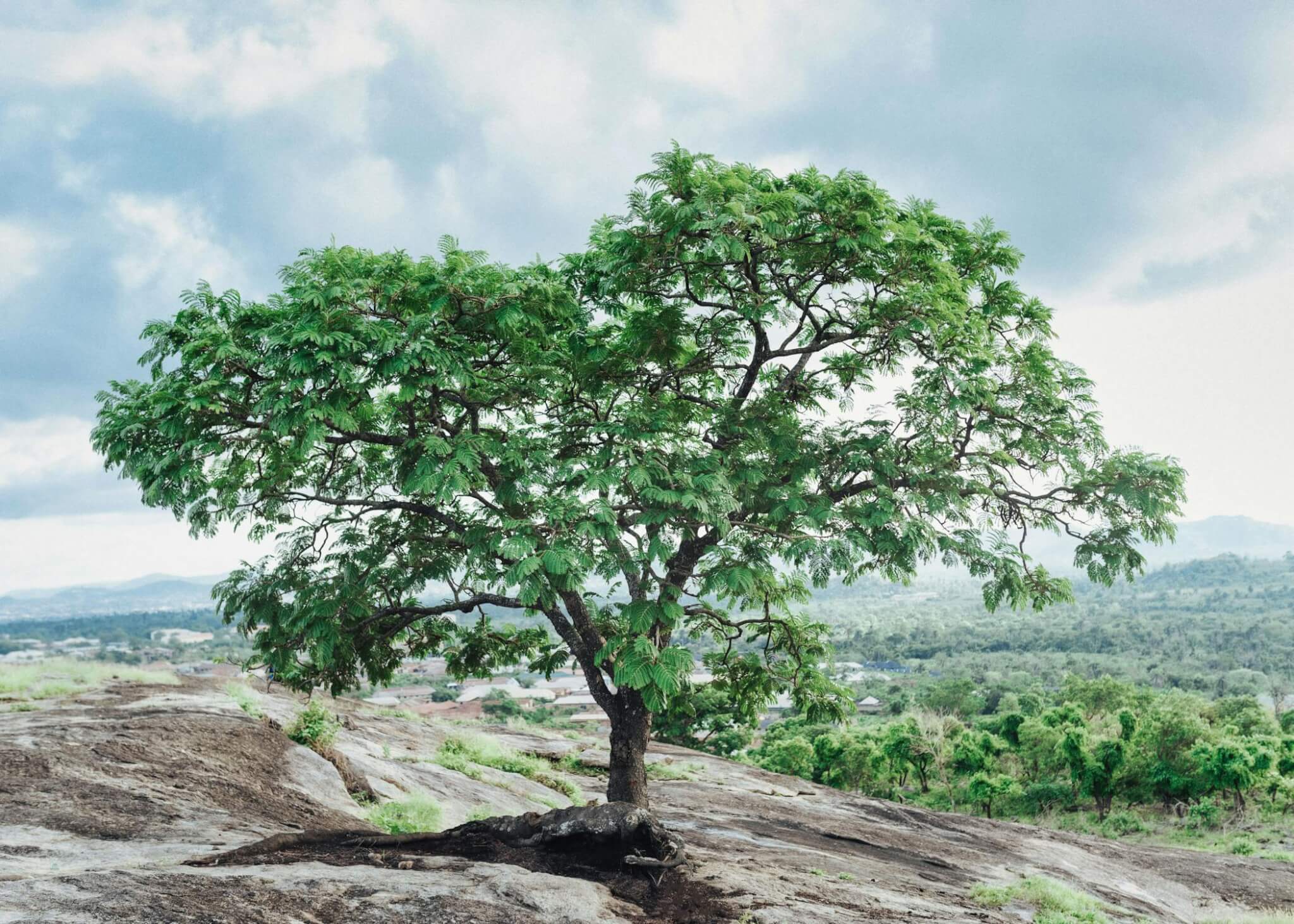
NDC Tracking Sources
View the sources we use to track progress of countries’ committments.
Read More


